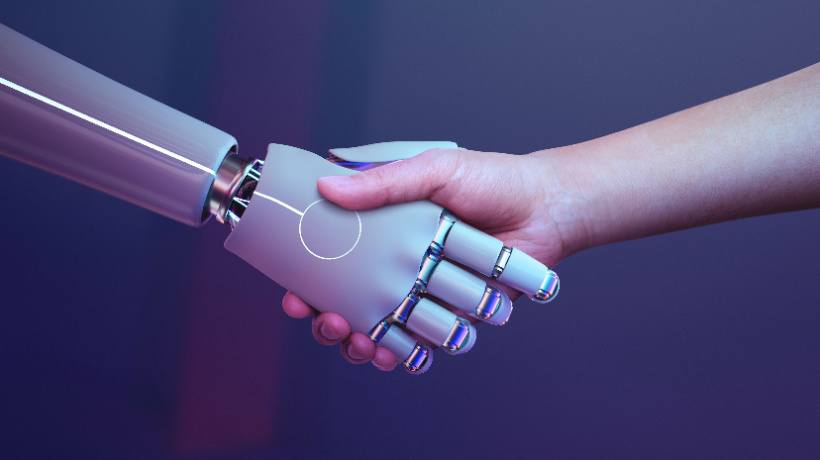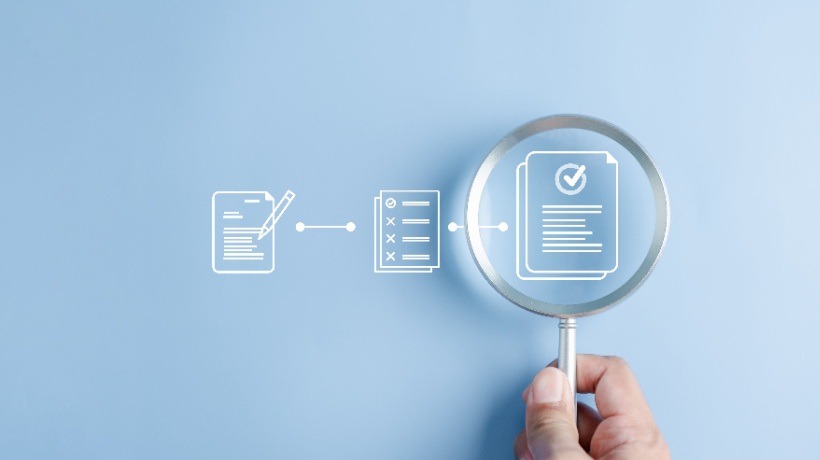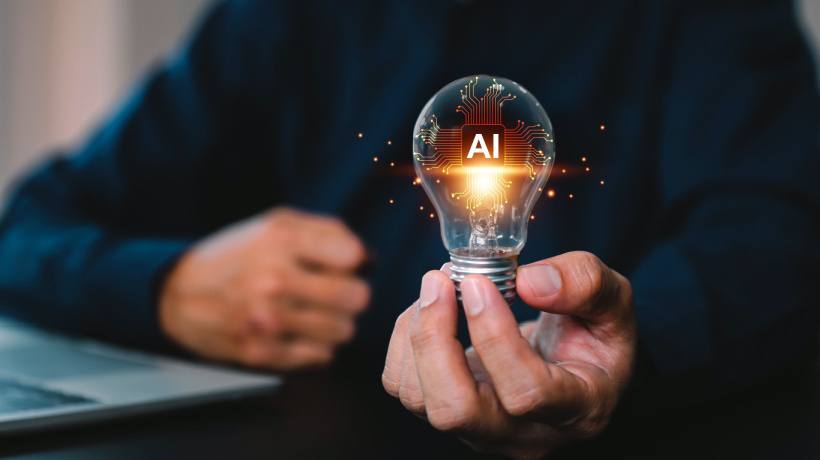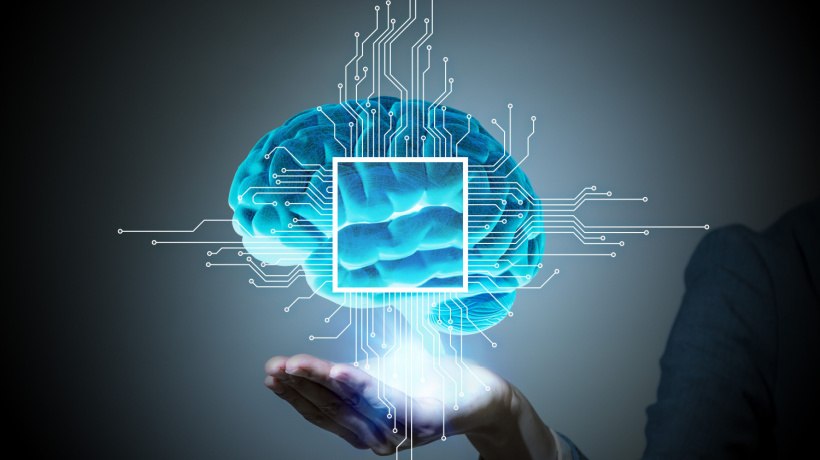The Concept Of Ethical Artificial Intelligence
Ethical AI is all about making sure that Artificial Intelligence systems are just, secure, and respectful of our values. It's like explaining to a robot how to be a good citizen. AI can do amazing things, from helping doctors diagnose diseases to making self-driving cars. But, just like people, AI needs to follow rules and behave nicely.
Why Is Ethical AI Important?
Imagine a robot that only helps certain people and ignores others. That's not fair, right? Ethical AI ensures that AI treats everyone equally and doesn't harm anyone. It's important because AI is becoming a big part of our lives, and we want to make sure it's a force for good, not bad.
There are examples when the lack of ethical considerations in AI led to significant consequences, such as that AI automation can replace certain job roles, potentially leading to unemployment spikes in various industries. For instance, a report by CompTIA found that 81% of U.S. workers have seen articles focusing on the replacement of workers with AI, and 75% are concerned about its impact on the workforce.
Another example is AI tools used to spread misinformation. They can create social divides and affect public opinion, posing challenges in determining the origin of such misinformation and combating it. So, to avoid any type of unethical AI negative impact, it's vital to stick to the key principles to foster equality, high standards, safety, and respect in our societies.
Key Principles Of Ethical AI
The fundamental principles of ethical AI don't go too far from what we consider decent behavior in our daily lives. Just like how we're taught to be fair, honest, and considerate toward others, ethical AI operates on similar values. It needs to treat everyone equally, be transparent in how decisions are made, and take responsibility for actions. So, in training ethical AI we need to follow these five rules:
- Fairness
AI should not be biased. It should treat all people the same, no matter their gender, race, or any other background. - Transparency
We should understand how AI makes decisions. It shouldn't be a mystery box. - Accountability
If something goes totally wrong with AI, there should be ways to timely tackle it. People responsible for AI should answer for its actions. - Safety
AI should be safe and not cause harm to us or our surroundings. - Privacy
AI should respect our personal information and not share it freely without permission.
In essence, ethical AI embeds our human values and principles into technology. It's about making sure that as AI becomes a bigger part of our lives, it enhances and supports our human experience, not detracts from it. Just like in human society, where trust and respect are essential, ethical AI builds a foundation for a technology-driven world that is trustworthy and respects human dignity.
Challenges In Achieving Ethical AI
Making AI ethical is not easy. Sometimes AI can learn biases from the data it's trained on. For example, if it's trained with more pictures of one type of person than another, it might start to favor that type. Keeping AI unbiased requires constant work and attention. In some situations, like using AI in healthcare, the biased technology may produce not only inaccurate but truly harmful outcomes. That's the primary reason why we cannot exclude the human touch completely.
Let's say AI finds a link between what you eat and heart attack risks, or spots something odd in an X-ray. It's efficient and all, but a real doctor or expert should make the final call. Using only robots for this kind of work isn't great. They might miss something important (like a false negative), and it's not right either. Imagine getting bad health news from a machine instead of a caring person. Plus, AI can't think like we do. It can't judge the results it gets or learn from mistakes on its own. Remember when ChatGPT-4 got kind of silly after learning from stuff on the internet? That's what I mean. AI needs human smarts to stay on track.
Future Considerations
The future looks bright, but it's up to us to find and follow the right direction. Companies, research institutions, and governments are working together to create regulations and laws for ethical AI. We're learning more every day about how to make AI that's not only smart but also kind and fair. Ethical AI is about making sure our artificial helpers are good, fair, and safe to use. It's an exciting journey, and we all have a part to play in making sure AI helps us build a better world for everyone.









